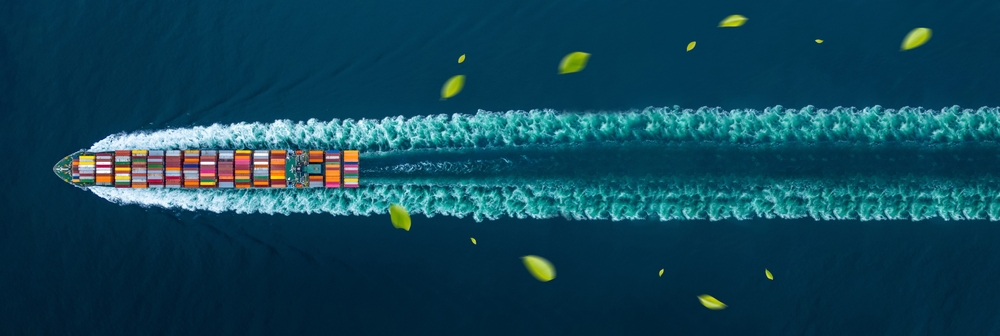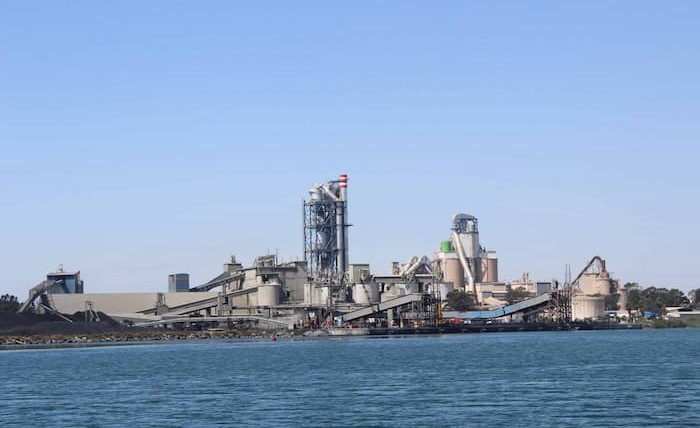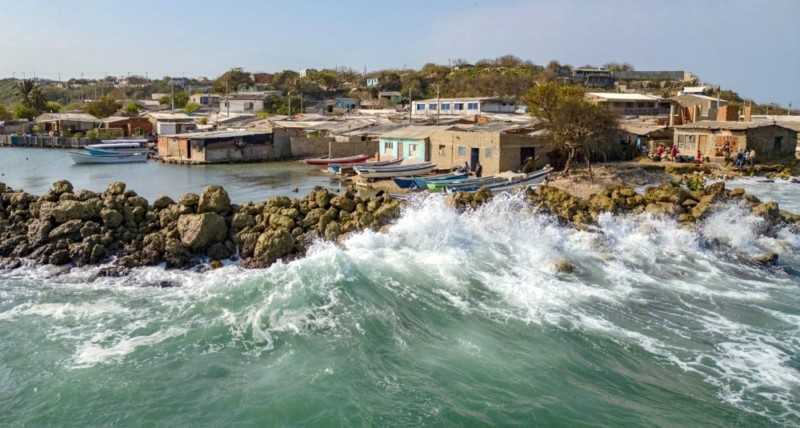It was one of the most anticipated climate decisions of the year—but it will have to wait another 12 months. Meeting in London from 14 to 17 October, the member states of the International Maritime Organization (IMO) decided to postpone the formal adoption of the “Net Zero” framework to 2026. This framework consists of measures aimed at drastically reducing greenhouse gas (GHG) emissions from international shipping, which accounts for around 3% of global emissions. The delay was due to diplomatic and economic pressures from the United States, which strongly opposes the introduction of a global carbon pricing mechanism for the sector.
The IMO member states thus agreed to defer the formal adoption of the “Net-Zero” framework, a move hailed as a potential turning point for the global shipping industry. Already approved in principle in April 2025, the framework was designed to regulate the progressive reduction of ships’ GHG emissions, with the goal of achieving carbon neutrality by 2050. Implementation was scheduled to begin in 2028, including the introduction of a global carbon pricing mechanism and an international standard for marine fuels. The IMO had projected a 20% reduction in emissions by 2030 compared to 2008 levels—an ambitious target aligned with the strategy adopted by the UN agency in 2023 to bring shipping in line with the Paris Agreement climate goals.
Washington Pulls Back
The final decision was postponed under pressure from the United States, which remains fiercely opposed to a global carbon price for shipping. Donald Trump called for a vote against the plan in a new message on X on Thursday:
“The United States will NOT tolerate this global green scam in the form of a shipping tax and will not comply with it in any way. We will NOT accept price increases for American consumers NOR the creation of a green bureaucracy to spend YOUR money on their eco-dreams.”
In the days leading up to the meeting, Washington threatened economic sanctions, including visa restrictions and additional port fees, against countries supporting the text. “Thanks to President Trump’s leadership, we have prevented the UN from imposing a global carbon tax that would have directly hit American consumers,” boasted US Secretary of State Marco Rubio on X, calling the delay a “huge victory.” According to the US administration, this tax—labeled “neo-colonial”—could have caused a 10% or higher increase in global shipping costs.
A “Missed Opportunity” for the Climate
Climate advocates reacted differently. At the UN, spokesperson for Secretary-General António Guterres expressed disappointment:
“This is a missed opportunity for member states to put the shipping sector on a clear and credible path to net-zero emissions.”
The European Union, a strong supporter of the project, also regrets the blockage. “This framework is a crucial step in aligning shipping with global climate goals,” said Wopke Hoekstra, European Commissioner for Climate Action, calling it an “essential moment in the fight against climate change.”
Postponement with Significant Consequences
The delay could weaken the momentum established within the IMO since 2023. The “Net Zero” framework not only includes emission reduction obligations, but also plans the creation of a maritime climate fund, financed by the largest-emitting shipowners. This fund is intended to support the energy transition in developing countries and promote the adoption of alternative fuels such as renewable methanol, bio-LNG, or green ammonia.
“Every year of delay is a year lost for the climate and industrial innovation,” said a European diplomat. “The shipping sector’s energy transition can no longer wait.”
The extraordinary session of the IMO Marine Environment Protection Committee is scheduled to reconvene in 12 months. In the meantime, technical negotiations will continue: the intersessional working group will meet on 20 October to advance the guidelines of the future regulatory framework. However, the outcome will depend on a political consensus, which appears difficult to achieve at this stage.
“It is regrettable that, once again, short-term economic interests have prevailed over the need for strong and collective climate action,” lamented a representative of an island state on the front lines of rising sea levels.
Source: gazdaujourdhui




